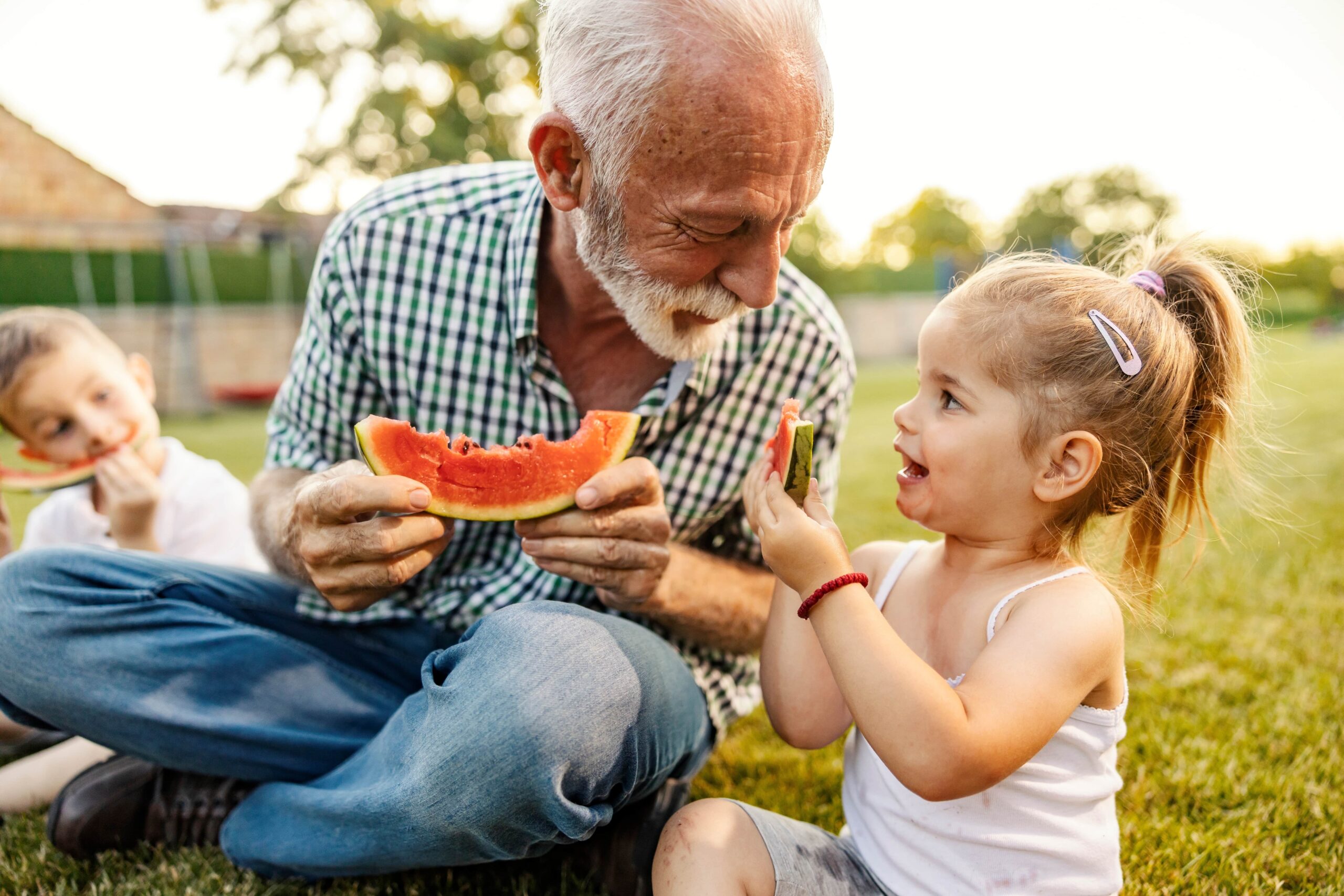Abuse is a hidden epidemic in our society. Children and elderly adults are sadly more likely to be victims of that abuse because they cannot speak up for themselves. About 10% of elderly people suffer from neglect and severe mistreatment, while 1 in 7 children face abuse, neglect, and mistreatment.
Vulnerable populations struggle to stand up for themselves for several reasons. They may be physically incapable of speaking, are too scared of their abuser, or don’t understand what’s going on. And for children, who literally depend on their caregivers for their survival, often cannot define what’s happening to them as abuse.
Abuse comes in many shapes and forms – hitting/kicking, emotional abuse, depriving basic needs, being overly controlling, and more. The abuser is often someone close to the victim – a family member or family friend, primary caregiver, or even a partner. Abuse happens anywhere – at home, school, work, in care facilities, at camps, at friends’ houses, on sports teams, and in other extracurricular groups.
Some are not aware they are being abused or are being blackmailed into staying quiet. Confronting their abuser directly typically only causes more harm and, in some instances, death. It’s crucial to approach suspicion of abuse thoughtfully. This matter carefully. Below are some signs to watch out for.
Signs of Child Abuse
Raising awareness is the first step in preventing child abuse. Children often don’t have the words or power to speak up, so it’s up to caring adults to notice the signs and act.
Physical Abuse
Children are active and may get the occasional bump or bruise, but repeated or unexplained injuries are cause for concern. Bruises on the stomach, back, chest, or inner thighs are especially suspicious, as these are not areas typically injured in everyday play. Marks from ropes, belts, or handprints around the wrists or arms may suggest physical restraint. Any injury a child cannot explain—or offers an unlikely explanation for—should be taken seriously.
Emotional Abuse
Emotional abuse is harder to spot but just as damaging. Has the child become withdrawn, unusually quiet, or anxious? Do they flinch at touch or seem fearful of making mistakes? A once-outgoing child who suddenly avoids eye contact or isolates themselves could be experiencing emotional harm.
Psychological Abuse
Children experiencing psychological abuse may seem constantly nervous, overly self-critical, angry, or hesitant to speak freely. They might act confused about what is real or struggle with self-esteem. A sudden shift in beliefs, unusual aggression toward specific people, or signs of extreme anxiety may indicate psychological manipulation or coercion.
Sexual Abuse
Signs of sexual abuse can include difficulty walking or sitting, bleeding or bruising around the genitals or anus, and sudden avoidance of certain people or places. The child might also show age-inappropriate sexual behavior or knowledge. Bloodstained underwear or bed linens are serious red flags and should never be ignored.
Neglect
Neglect is a form of abuse that often goes unnoticed. Look for signs such as chronic hunger, weight loss, poor hygiene, untreated medical issues, or living in dirty and unsafe conditions. A child who consistently wears ill-fitting clothes or appears tired and disoriented may not be receiving proper care. A child who is perpetually sleepy may be experiencing neglect or other forms of abuse. An excess of unused medication or missed appointments can also be signs of neglect.
Look for signs of crying in both kids and elderly adults. If their eyes always look tired, baggy, or bloodshot, that could be an indicator of them crying from the abuse.
Signs of Elder Abuse
Older people are susceptible to being taken advantage of due to declining cognitive abilities. Abusers may try to claim that bruises came from a fall or that their dwindling bank account is a result of their forgetfulness. There are often more than one sign of abuse – here are some common clues:
Physical
As we get older, our bodies become more fragile. While it’s not uncommon to see a bruise on an elder, an excessive amount of bruising or recurring bruises is a worrying sign. Look for bruises in places where they’re unlikely to accidentally bruise themselves. For example, a bruise on the chest/stomach area could likely be inflicted, while a bruise on the elbows or shin could be from them accidentally bumping into something. As with children, pay attention to injuries that the victim cannot explain, and take them seriously. An exaggerated startle response is another sign of concern.
Emotional
Have they become quieter and withdrawn? Do they seem more skittish, like they are having a hard time formulating their words, or apologizing a lot? If someone who is normally happy and socially engaged now isolates themselves, it may be a sign of emotional abuse.
Mental/Psychological
If they are always doubting themselves, it seems like they’re constantly on edge, or frequently scanning the environment, this could mean thatsomeone is hurting them psychologically. A sudden change in beliefs or personality could also be a result of manipulation. Additionally, aggressive behavior towards certain people may be a sign.
Financial
Elderly people are the most likely to fall victim to financial abuse and manipulation. Pay attention, because financial abuse isn’t as obvious as physical abuse. If they suddenly don’t have money for food, rent, or other necessities, claiming that cash or valuable items keep disappearing, or saying that someone asked or made them write a big check, be aware. Another sign is that a caregiver or someone who has control over their finances suddenly acquires a nice car, clothes, jewelry, or other expensive items.
Neglect
Dehydration, weight loss, bed sores, poor hygiene, and dirty living quarters are all signs of neglect. Having more medication than they should is also a sure sign that they are not being taken care of.
Everyone carries their trauma differently. Other signs of abuse/neglect include being scared of a certain individual, being more irritable, refusing to eat or shower, or loss of interest in hobbies and favorite activities. If they trust you and are constantly begging you to stay with them, that could be a cry for help.
How You Can Help
If you can, ask the victim if they’re okay and let them know they’re safe to speak freely. Be curious, attuned, and don’t assume someone isn’t being abused. If you know they are, get them to a safe place without letting their abusers know. Finally, call the National Domestic Violence Hotline at 800-799-7233 or the police. Give them as much detail as possible. Follow up and ensure the victim is safe.
Wolcott Counseling Can Help
No one should ever have to suffer from abuse, neglect, or mistreatment. If you or someone who knows is suffering mental and emotional consequences, such as PTSD, contact Wolcott Counseling & Wellness. We are a safe space offering holistic therapy and mental healing. Our therapists are trauma-informed and use the best evidence-based treatments to help you. We take your well-being seriously and are here for you, whether you just need someone to talk to or need ongoing, in-depth counseling. Contact us today to start your healing journey.


